The things taught in schools and colleges are not an education, but the means of education
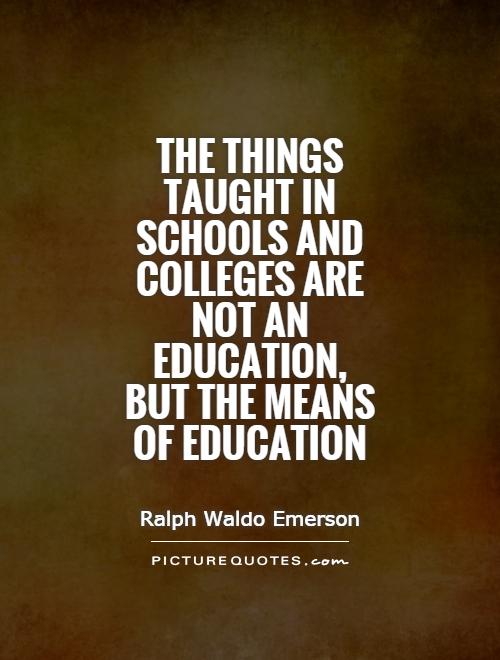
The things taught in schools and colleges are not an education, but the means of education
Ralph Waldo Emerson, a renowned American essayist, lecturer, and poet, was a firm believer in the idea that true education goes beyond the mere acquisition of knowledge. In his essay "The American Scholar," Emerson famously stated, "The things taught in schools and colleges are not an education, but the means of education." This statement encapsulates his belief that education is not limited to the rote memorization of facts and figures, but rather encompasses a broader process of self-discovery, critical thinking, and personal growth.Emerson believed that true education should inspire individuals to think for themselves, question the status quo, and cultivate their own unique perspectives on the world. He argued that the traditional educational system, with its emphasis on memorization and conformity, often stifles creativity and individuality. Instead, Emerson believed that education should be a liberating force that empowers individuals to explore their own interests, passions, and talents.
For Emerson, the true purpose of education was to cultivate the intellect, nurture the soul, and awaken the individual to their own potential. He believed that education should be a lifelong pursuit, not confined to the walls of a classroom or the pages of a textbook. Emerson encouraged individuals to seek out new experiences, engage with diverse ideas, and constantly challenge themselves to grow and evolve.
In the context of Emerson's philosophy, the things taught in schools and colleges are merely the tools and resources that facilitate the process of education. While formal education can provide a foundation of knowledge and skills, true education is a deeply personal journey that requires self-reflection, introspection, and a willingness to embrace uncertainty and change.
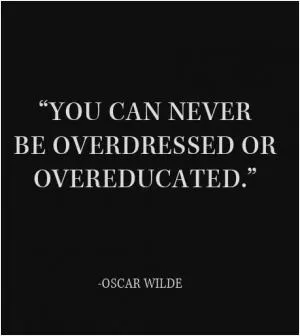
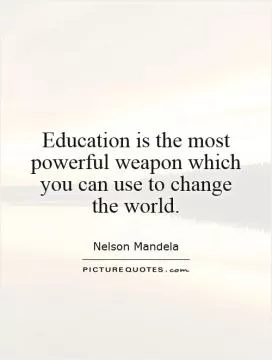
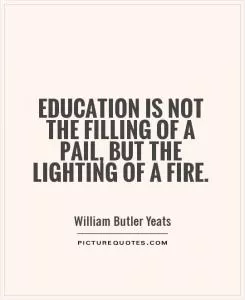

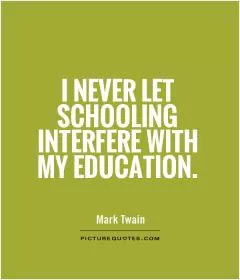
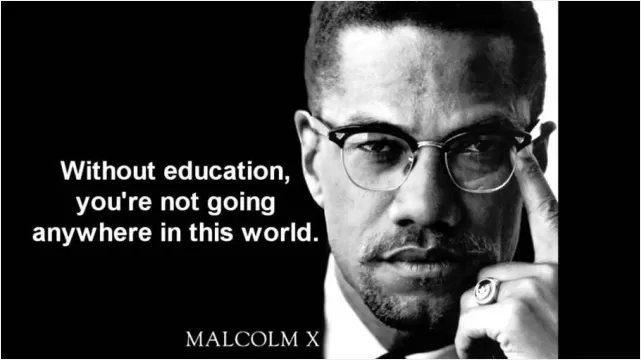
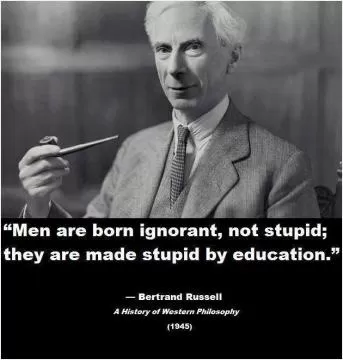
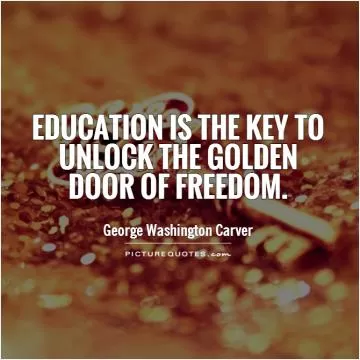
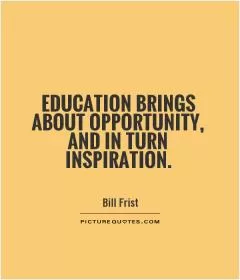

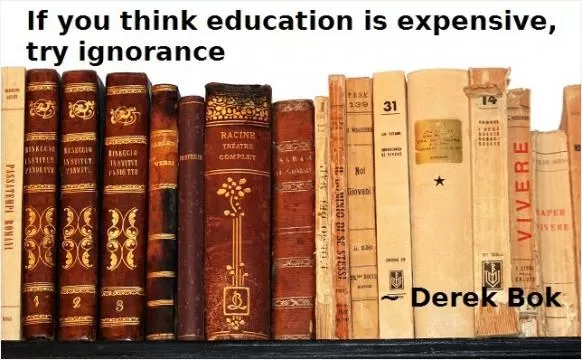
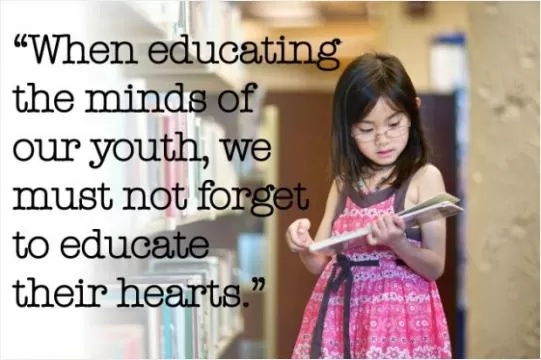
 Friendship Quotes
Friendship Quotes Love Quotes
Love Quotes Life Quotes
Life Quotes Funny Quotes
Funny Quotes Motivational Quotes
Motivational Quotes Inspirational Quotes
Inspirational Quotes